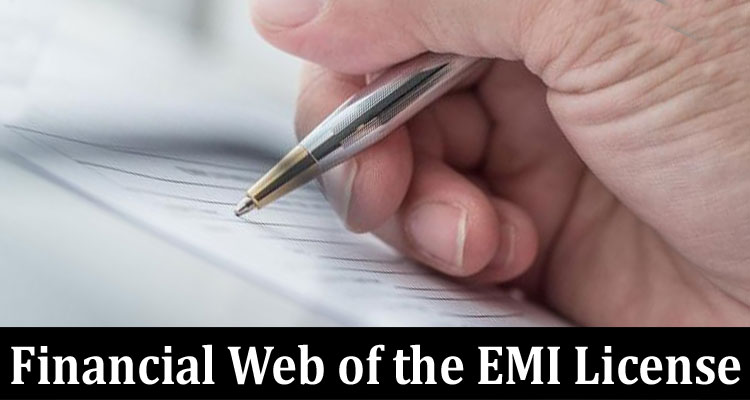The world of finance is woven with a vast array of regulations and licenses, each designed to ensure fair practice and safeguard the interests of stakeholders. One such critical license, often operating behind the scenes in the money markets, is the Electronic Money Institution (EMI) license. It is an essential pass that allows an entity to issue electronic money and engage in related financial activities.
What is an EMI License?
An Electronic Money Institution (EMI) license is a certification provided by the regulatory authority of a jurisdiction, permitting a company to carry out electronic money services. E-money, or digital currency, is held on a device or system that allows transactions.
EMIs are primarily responsible for issuing electronic money, facilitating electronic transfers, and providing payment transaction services. This license ensures these institutions are trustworthy and transparent.
The Need for an EMI License
The proliferation of digital transactions has necessitated the evolution of regulatory standards to match the growing industry. As digital currency begins to replace physical money in many economies, the EMI license becomes increasingly essential.
By standardizing the operations of electronic money institutions, the EMI license encourages consumer confidence in digital transactions. Without it, customers would be exposed to unnecessary risks and the potential for fraudulent activity could increase significantly. It provides industry security by holding institutions responsible for their conduct.
Acquiring an EMI License
The process of obtaining an EMI license can be quite rigorous, as the financial regulator must assess the applicant’s capability to fulfill the responsibilities associated with issuing electronic money. The requirements vary from jurisdiction to jurisdiction, but generally involve:
Demonstrating sufficient initial capital.
Providing a business plan detailing how the electronic money services will be operated.
Ensuring the management team has the necessary experience and qualifications.
Proving robust measures are in place for risk management, safeguarding funds, and preventing money laundering and terrorist financing.
This intense scrutiny ensures that only capable and well-prepared entities obtain the license.
Top 5 Jurisdictions for EMI Licensing
- United Kingdom: The FCA is a well-known regulator. It offers a clear regulatory framework and has a robust fintech sector, making it a popular choice for EMI licensing.
- Lithuania: EMI license in Lithuania has made significant efforts to attract fintech companies, including a streamlined EMI license application process.
- Singapore: The Monetary Authority of Singapore (MAS) offers strong support to fintech companies, creating an attractive environment for EMI license holders.
- Malta: Malta’s regulatory body, the Malta Financial Services Authority (MFSA), offers a solid regulatory framework and is well-equipped to handle EMI license applications.
- Luxembourg: The Luxembourg Commission de Surveillance du Secteur Financier (CSSF) provides a sound environment for fintech companies and EMI license holders.
The EMI license represents a cornerstone in the regulatory landscape of electronic money. It provides a seal of trustworthiness to institutions, ensuring they adhere to stringent operational standards. As the digital economy continues to evolve, the role of the EMI license will undoubtedly become even more prominent and integral to the world of finance.


